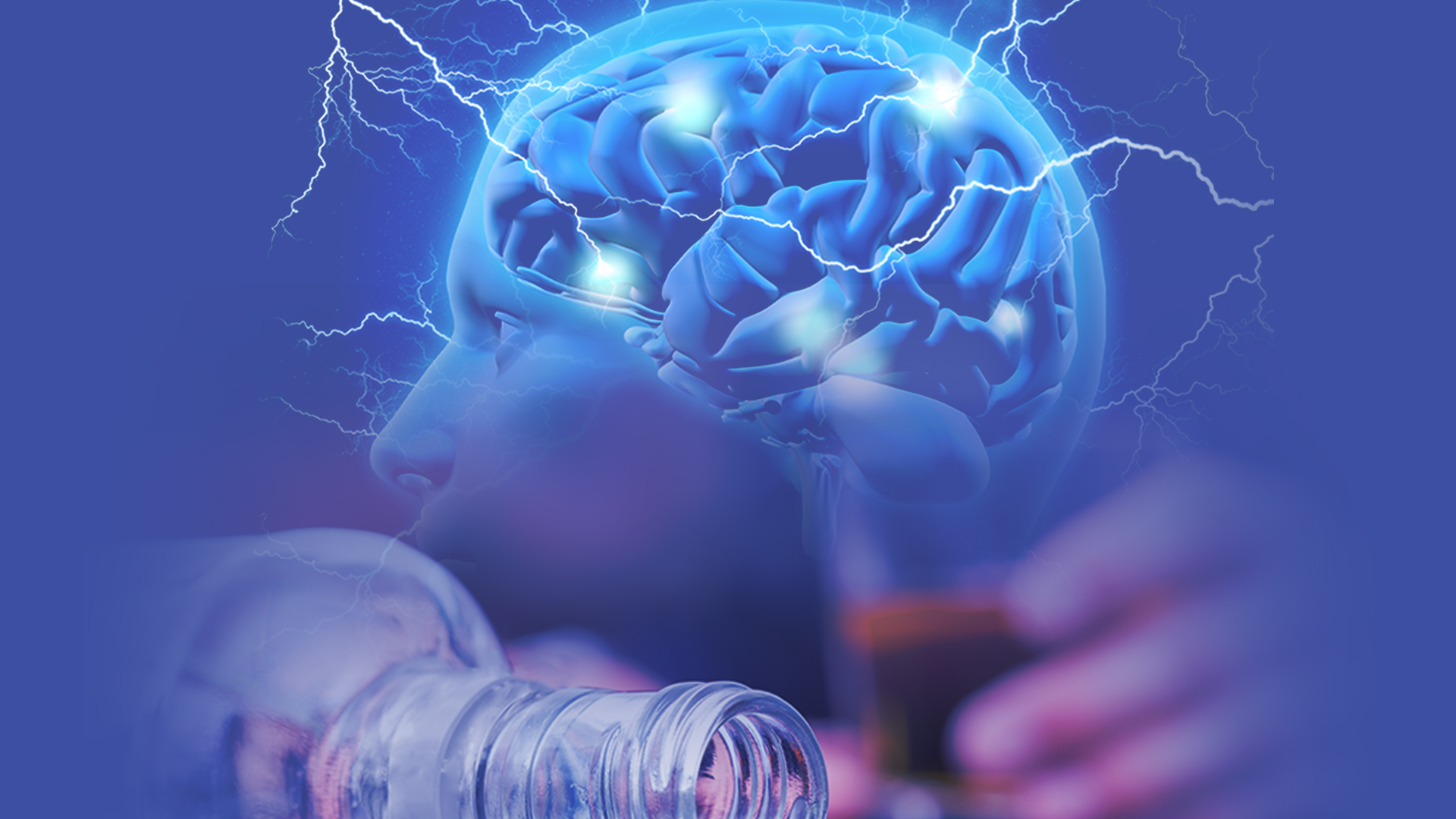Alcoholic cerebellar degeneration (ACD) is a neurological disorder caused by excessive alcohol consumption. It is a type of cerebellar ataxia, a group of disorders that affect the cerebellum. The cerebellum is a small but important part of the brain located at the skull’s base. It is responsible for coordinating movement and balance and regulating muscle tone and posture. When the cerebellum is damaged, as with ACD, these functions are impaired, leading to a range of symptoms, including difficulty with coordination, balance, and speech.
The exact cause of ACD is not fully understood, but it is believed to be related to the toxic effects of alcohol on the cerebellum. Chronic alcohol consumption can lead to a buildup of toxins in the brain, which can damage the cerebellum over time. Additionally, alcohol can interfere with the absorption of important nutrients, such as thiamine, which is essential for proper brain function.
Symptoms of ACD typically develop gradually over time and may include difficulty with coordination and balance, slurred speech, tremors, and difficulty with fine motor skills. As the disease progresses, these symptoms may become more severe and include cognitive impairment, memory loss, and personality changes.
Diagnosis of ACD typically involves a thorough medical history, physical examination, and imaging tests, such as magnetic resonance imaging (MRI) or computed tomography (CT) scans. Blood tests may also be performed to check for nutritional deficiencies, such as thiamine deficiency, which can contribute to the development of ACD.
Treatment for ACD typically involves abstinence from alcohol and nutritional support to address any deficiencies that may be contributing to the disease. In addition, medications may sometimes be prescribed to help manage symptoms such as tremors or anxiety. Physical therapy may also be recommended to help improve coordination and balance.
The prognosis for ACD varies depending on the severity of the disease and the individual’s response to treatment. In some cases, symptoms may improve with abstinence from alcohol and nutritional support. However, in more severe cases, the damage to the cerebellum may be irreversible, leading to permanent disability.
Prevention of ACD involves limiting alcohol consumption and ensuring adequate nutrition. It is essential to consume a balanced diet that includes plenty of fruits, vegetables, whole grains, and sources of lean protein and healthy fats. Additionally, it is important to seek treatment for alcohol addiction, as chronic alcohol consumption can lead to a range of health problems, including ACD.

Comments are closed.